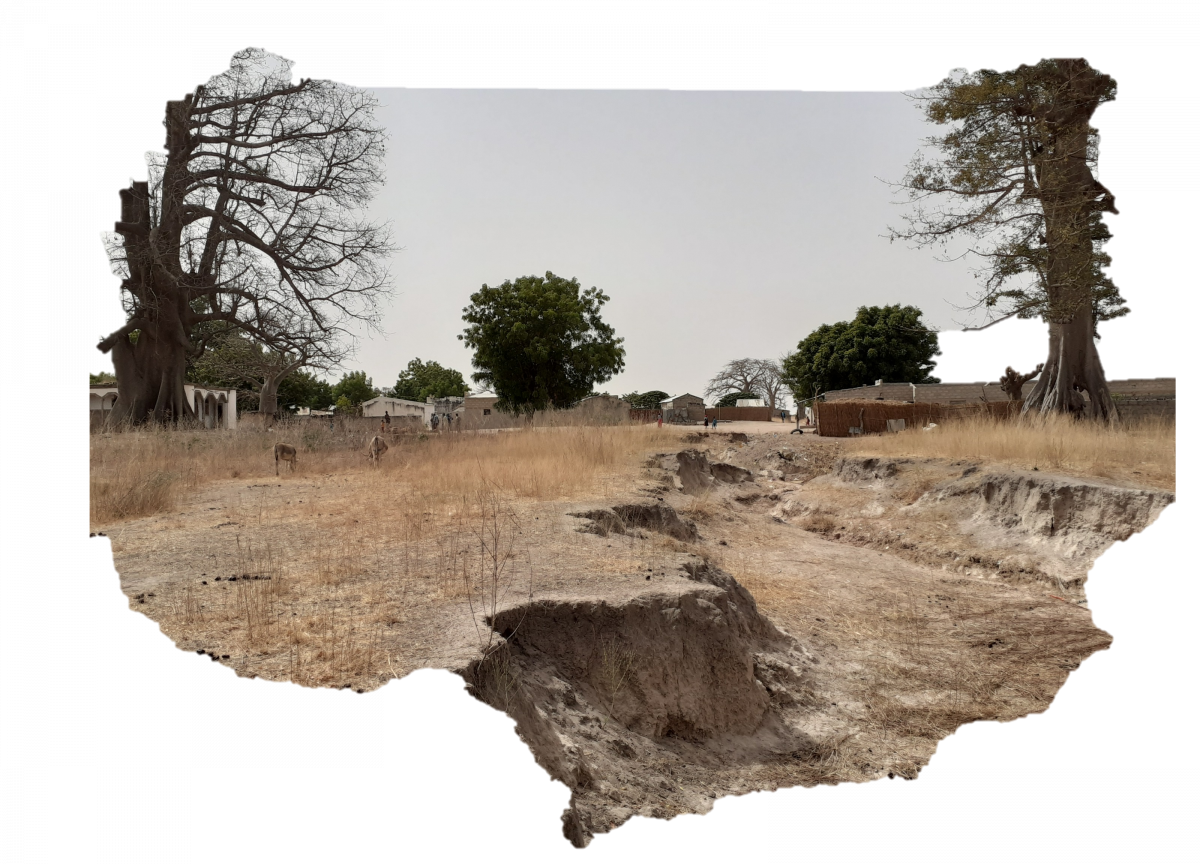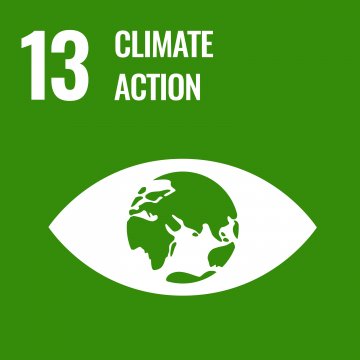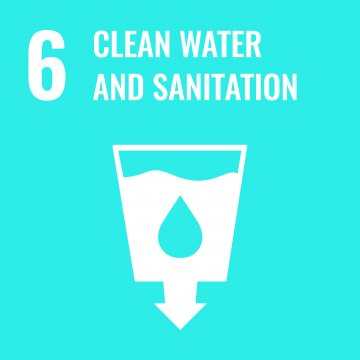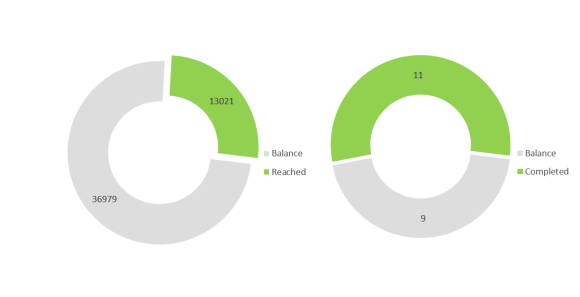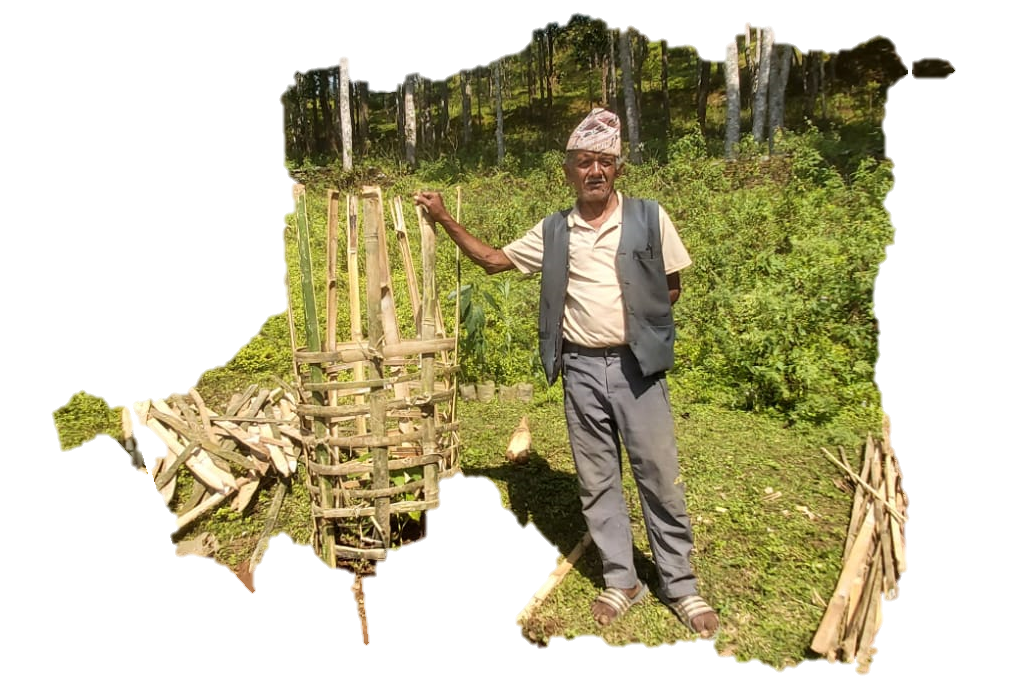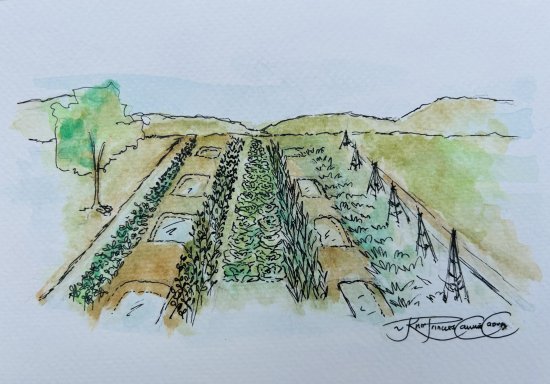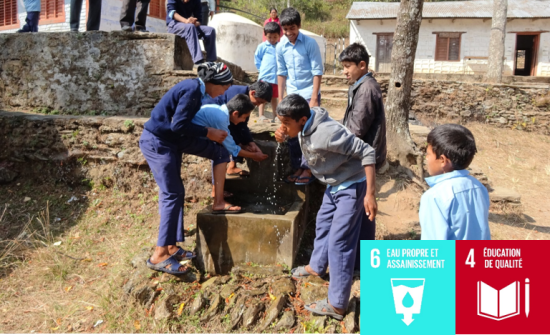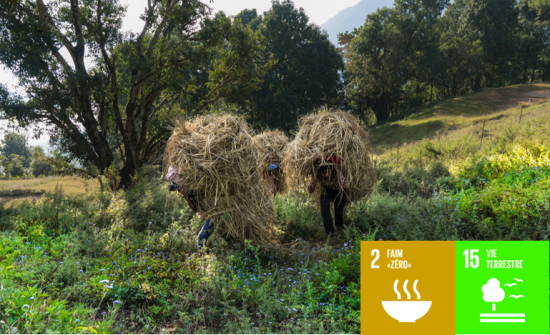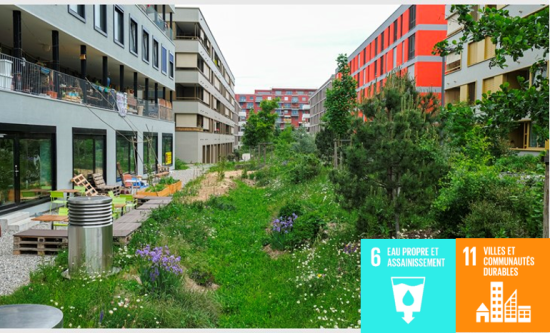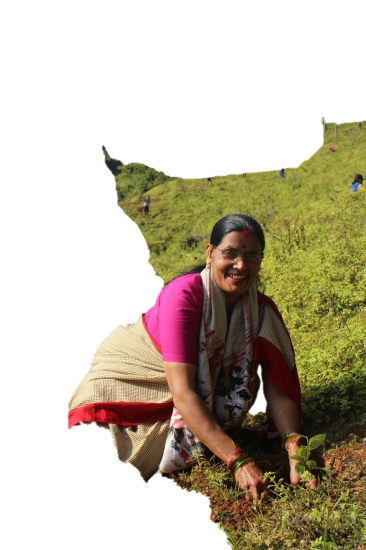The weakening of many ecosystems such as forests, hedgerows and mangroves, which act as barriers against the risks of major hazards, increases the vulnerability of communities to the effects of climate change. The loss of soils, destruction of crops and livelihoods combined with the accelerated occurrence of these extreme weather events, impact the resilience and adaptive capacities of communities.
Rainwater management is an innovative response to the challenges of water scarcity, droughts and floods and to strengthen the resilience of communities and local ecosystems to natural disasters and climate change. Collect, Store and Use.
Rainwater management is therefore fully in line with the Sustainable Development Goals (SDGs) 13.
Our strategy to improve the health, livelihoods and resilience of communities and ecosystems to climate change by ensuring access to water for all, everywhere is based on:
- Development of an action plan for integrated water resources management at the level of the catchment area, co-developed by all the actors involved (communities, authorities, services, etc.)
- Establishment of storage, infiltration and groundwater recharge infrastructures
- Establishment of infrastructure for erosion control, runoff reduction, flood control and soil maintenance
- Strengthening the technical and ecosystem management capacities (mangroves, forests) of field actors (institutions, farmers, cooperatives, etc.).
